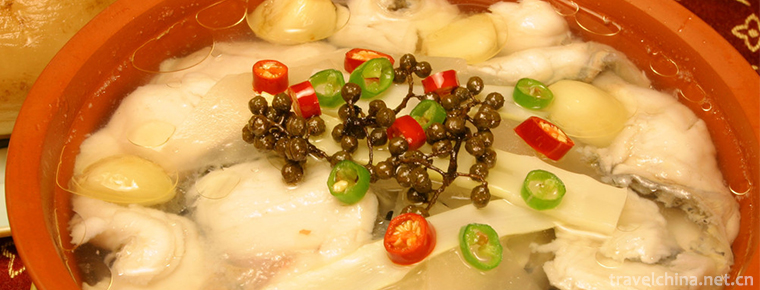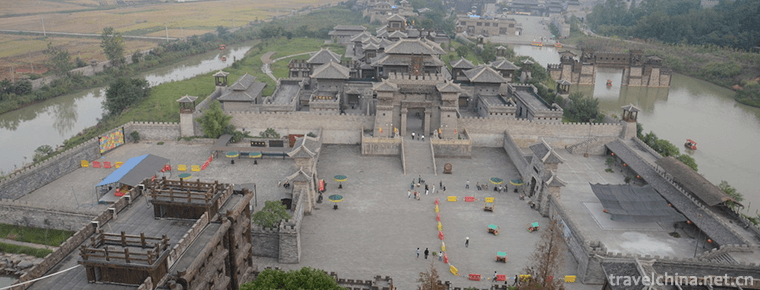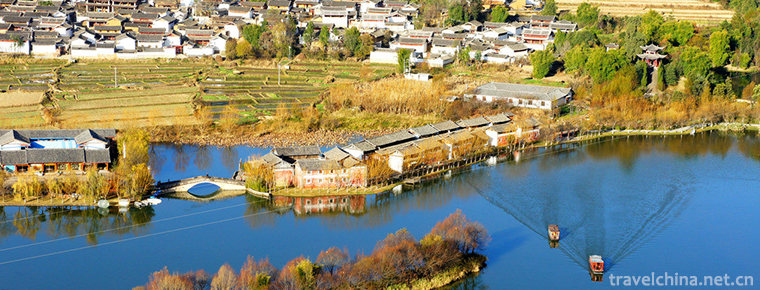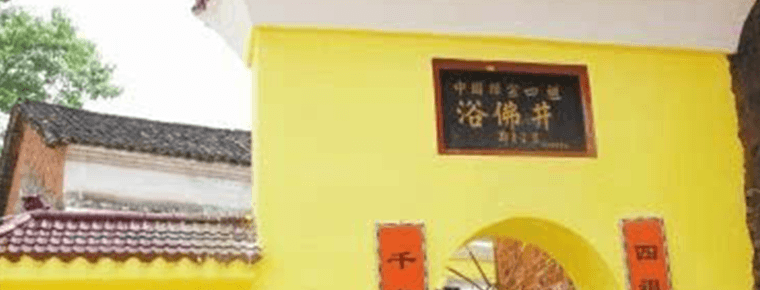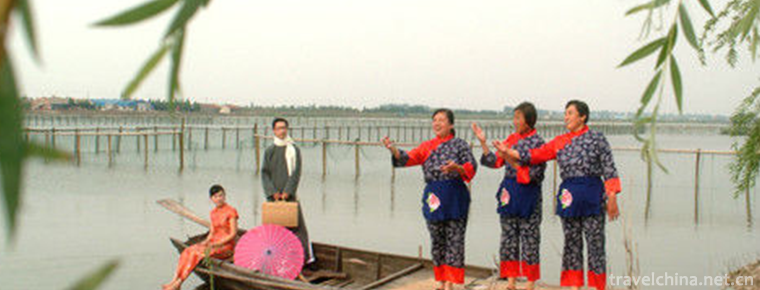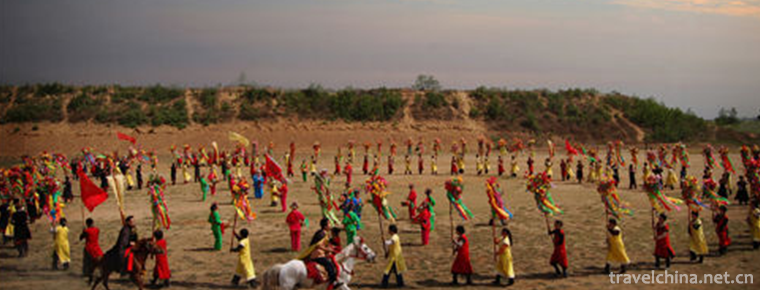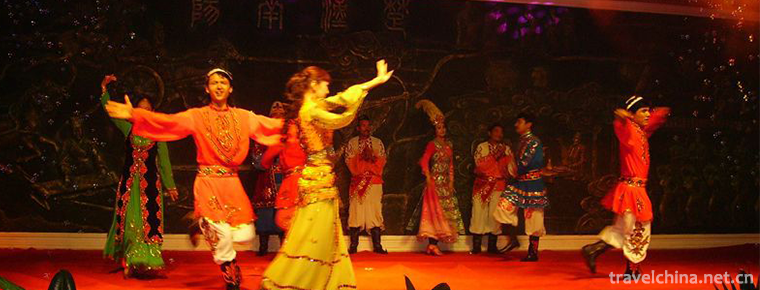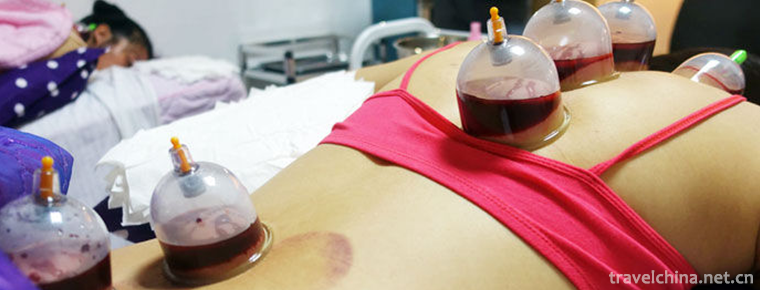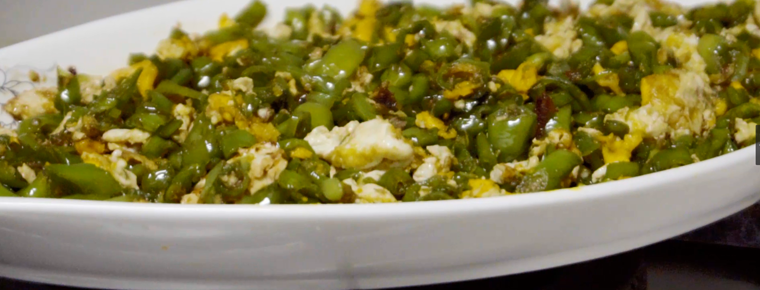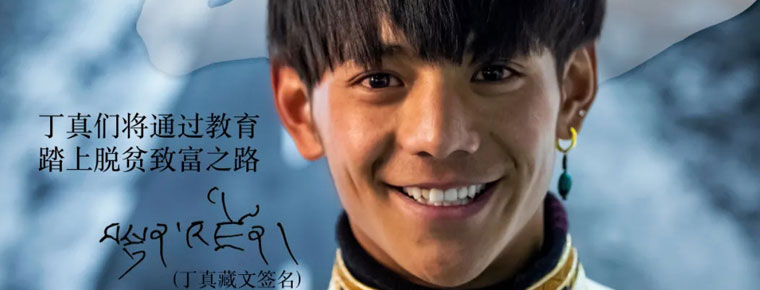Traditional Chinese Medicine Culture
Traditional Chinese Medicine Culture
Traditional Chinese medicine (TCM) is the oldest and most complete medical system in the world. It is not only a method of treating diseases, but also a complete philosophy of the universe and life.
Looking back on the long history of traditional Chinese medicine culture, it has a long history and rich treasures. For thousands of years, every bit of progress has shown the wisdom of our people in the struggle against disease.
Quickly turn over the historical development of traditional Chinese medicine culture:
From the beginning of primitive society, medicine was groping forward in the dark. During the Zhou Dynasty, doctors and witches separated. Full-time doctors and medical branches emerged, medical evaluation system was established, and the witch team itself was divided. The creation of Decoction in Shang Dynasty left behind a medical allusion of "getting sick into plaster" for later generations.
During the Qin Dynasty, the theory of six Qis causing disease and five elements of Yin and Yang was initially formed. The dialectical principles of principle, method, prescription and medicine established by Zhang Zhongjing, the medical sage, laid a foundation for the clinical science of traditional Chinese medicine.
During the Wei, Jin and Southern and Northern Dynasties, Wang Shu and his edition of Treatise on Febrile Diseases and Maijing, Sun Simiao's Prepare for Emergency and Thousand Golden Wings, etc., made systematic and incisive expositions from basic theory, clinical disciplines to health care, which occupied an important position in the history of medicine.
Subsequently, the New Materia Medica compiled by the Tang government was not only the first Chinese medicinal herb issued by the government, but also the earliest pharmacopoeia in the world. At that time, surgery, gynecology, pediatrics, traumatology and other departments have formed independent specialties, and a large-scale government-run medical college, Taiyuan Medical Department, emerged.
During the Jin and Yuan Dynasties, Ming Dynasty, Qing Dynasty, Republic of China and so on, there are many other historical periods in which great achievements in the development and progress of Chinese medicine have been made. Xiaobian can't talk to you for a year.
Chinese culture is extensive and profound, and famous doctors with outstanding reputation will appear in every historical period. By means of watching, hearing, asking, and treating according to syndrome differentiation, they will establish their professional status in the field of traditional Chinese medicine.
In ancient times, Zhang Zhongjing honey was used to treat constipation.
When Zhang Zhongjing was young, he studied medicine with his fellow countryman, Zhang Bozu. Because of his intelligence, broad-mindedness and miscellaneous income, he grew rapidly.
One day, a patient with burnt lips, dry mouth, high fever and mental retardation was brought in. Teacher Zhang Bozu, after diagnosis, considered that it was caused by "heat evil injuring Jin, body deficiency and constipation". He needed laxative to help the patient to relieve dry stool, but the patient's constitution was extremely deficient and the patient could not stand it with strong laxative. Zhang Bozu meditated half loudly, and for a moment he lost his opinion.
Standing aside, Zhang Zhongjing saw that the teacher was helpless and began to think. Suddenly, a firm and confident look flashed across his eyebrows. He stepped forward and said to his teacher, "Students have a way!" He talked about his ideas in detail. Uncle Zhang listened and his frown began to relax.
Zhang Zhongjing took a spoonful of yellow orange honey and put it in a copper bowl. He burned it in a slight fire and kept stirring it with bamboo chopsticks, gradually boiling the honey into a sticky mass. When it was slightly cold, Zhang Zhongjing pinched it into a slightly pointed strip shape, and then gently pushed the pointed head forward into the patient's anus. After a while, the patient pulled out a large pile of stinky feces, and his condition was half better.
The patient recovered in a few days because the heat evil was discharged with feces. Zhang Bozu greatly appreciated this method of treatment and praised it when he met people. This is actually the earliest drug enema in the world.
Later, when Zhang Zhongjing summarized his treatment experience and wrote "Typhoid and Miscellaneous Diseases", he included this treatment method in the book, named "Honey Decoction Guide", which was used to treat the symptoms of excessive deficiency of body fluid and hard stool, and was highly praised by later generations.
Gu Youqian Yiloess for nephropathy:
Qian Yi was a well-known pediatrician in Song Dynasty. He was the author of The Straight Tips of Pediatric Pharmaceutical Certificate. People respected him as "the sage of pediatrics".
One day, Emperor Shenzong of Song Dynasty suddenly got sick. He invited many famous doctors to treat him. His condition became worse and worse. Finally, he began to cramp. The emperor was very anxious to see what he was like.
At this time, someone recommended Qian Yi to the emperor. So Qian Yi was called into the palace. The emperor looked down upon him when he saw that he was thin and unattractive, but since he had been called in, he had to consult his son. Qian Yi took a leisurely look at it and wrote a prescription for "loess soup" after going through pen and paper.
When the doubtful Sung Shenzong took the prescription, he saw that the medicine on it was actually loess. He was furious and said, "You are so wild! Can loess also be used as medicine?
Qian Yixiong answered, "According to my judgment, the disease of the prince is in the kidney, which belongs to the water of the north. According to the five elements principle of traditional Chinese medicine, Tuneng Keshui, so loess should be used for this disease."
When Song Zong saw that he spoke in a correct way, his doubts were gone. Then the prince began to cramp again, and the queen urged him, "Qian Yi is quite famous in Beijing. His diagnosis is very accurate. The emperor will not worry about it." So the emperor ordered people to take out a piece of roasted loess from the stove and put it in a cloth bag and decoct it with medicine. After the prince took it, the cramp stopped quickly. After two doses, the disease was cured as before. At this time, Song Shenzongcai really believed in Qian Yi's technology and promoted him from a doctor in Hanlin to a doctor with high honor.
Inheritance and Continuation of Traditional Chinese Medicine Culture
Perhaps the magic of traditional Chinese medicine lies in this. Nowadays, we should awaken, carry forward and inherit the traditional Chinese medicine culture. As Li Shizhen said, "Anyone who takes soup medicine, although the goods are specialist and the treatment is the same, but the decoctor recklessly drinks, the water and fire are bad, the fire is not enough, the medicine is also ineffective."
Traditional Chinese medicine decoction, which can give full play to its efficacy, has been praised and continued for generations by doctors, and has become one of the important dosage forms of traditional Chinese medicine. Among the endless fragrance of medicine, Dongjitang not only gathers the Mingjia of traditional Chinese medicine, but also makes elaborate authentic medicinal materials prepared by ancient methods. Pharmacist weighs, grabs medicine, examines prescription, dispenses medicine, prosecution, two examinations, three examinations before packing. Pan-fried, first fried, another fried, different packaging, respectively.
Traditional manual decoction, never for the people who decoct, one side, on behalf of the guests decoction, repair, although nobody see, consciously know. Each herb is decocted twice by a professional decoctor, using traditional manual method. The order, time and temperature of decoction are carefully arranged. Because only the proper decoction method can give full play to the efficacy of the prescription.
Across the glass, every move in the pharmacy was in the eye. The process of decocting medicine is bright, so is the heart of people who take medicine. Here, dedicated and dedicated Dongjitang people, day after day, sow hope, convey warmth, exquisite craftsmanship, watch medicine soul. The harmony of heaven and man is the best. I think this is the realm of traditional Chinese medicine culture. Let traditional Chinese medicine change life, inherit the essence of traditional Chinese medicine, Dongjitang, has been continuing!
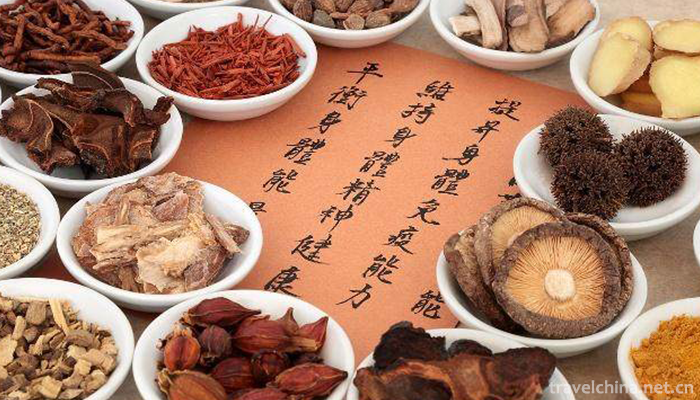
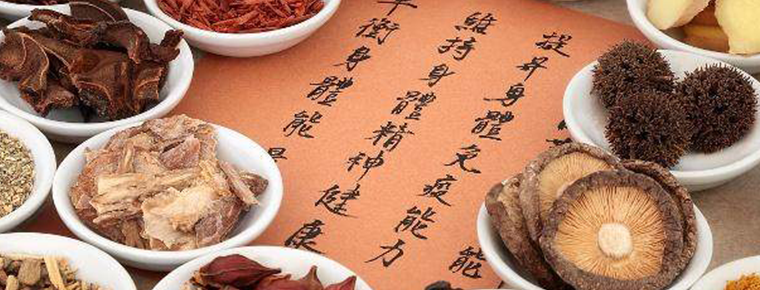
Traditional Chinese Medicine Culture
-
Fish in sour soup
Sour soup fish is a traditional dish of Miao nationality in Guizhou. According to textual research, this dish originated from the Yashuang area of Leidong Town, Liping County
Views: 287 Time 2018-11-05 -
Chibi ancient battlefield
The ancient battlefield of Chibi in the Three Kingdoms, where the battle of Chibi took place, is located on the South Bank of the Yangtze River in the northwest of Chibi City, Hubei Province
Views: 426 Time 2018-12-12 -
Tourist Hall of Shanghai Global Financial Center
Shanghai Global Financial Center is located at 100 Century Avenue, Pudong New Area, Shanghai. It is a skyscraper located in Lujiazui Financial and Trade Zone. It faces the hinterland of Pudong New Are
Views: 108 Time 2018-12-19 -
Guanyin Gorge Scenic Area
Guanyinxia scenic spot is the entrance of Yulong Pass, one of the six major parks of Lijiang Bazi. It is located at the "Yulong Pass" of the three major parks of Lijiang Bazi and is known as
Views: 285 Time 2019-01-13 -
Legend of Zen ancestors
Huangmei is the birthplace of Chinese Zen culture. There are six ancestral courts of Zen in China, two of which are exclusive in this county. The four ancestors temple and the five ancestors temple in
Views: 160 Time 2019-04-15 -
Jiashan Tian Ge
Jiashan Tiange is a local folk song in Zhejiang Province. It belongs to a variety of Wuge songs. It is a unique form of ballad in Zhejiang Province. It is a song that workers sought comfort and expres
Views: 334 Time 2019-05-05 -
Running curtain
Running curtain originated in the Spring and Autumn Period and Warring States Period, formed in the Qin and Han Dynasties, flourished in the Song, Yuan, Ming, Qing Dynasty and the early Republic of Ch
Views: 352 Time 2019-06-09 -
Uygur Folk Songs
Uygur folk songs are rich in content, which can be divided into two parts: traditional folk songs and new folk songs. Traditional folk songs include love songs, labor songs, historical songs, Life son
Views: 180 Time 2019-06-26 -
Health preservation in traditional Chinese medicine
Health preservation in traditional Chinese medicine refers to a kind of medical activity that can prolong life by taking care of life, strengthening physique and preventing diseases in various ways. H
Views: 258 Time 2019-08-03 -
Scrambled eggs with green peppers
Fried eggs with green peppers is a family dish. The main ingredients are eggs and green peppers. The auxiliary ingredients are lard, salt, vinegar, onion, etc. the main cooking technology is fried, ye
Views: 460 Time 2020-04-10 -
Time and reason of Ding Zhen popularity
Ding zhenhuo, a 20-year-old Tibetan Boy from Ganzi, Sichuan Province, was caught up in a short video of less than 10 seconds. The uploader of the video and the photographer "BOGO" who shot Ding Zhen also attracted netizens' attention. Talking about his first impression of Ding Zhen
Views: 296 Time 2020-12-06 -
Main scenic spots in Meishan
Jiulongshan Forest Park is located in the southwest of Sichuan Province, in Yangchang Town, Danling County, Meishan City, about 20km away from Danling county. It covers an area of 380 hectares, including 100 hectares of core scenic area. The a
Views: 162 Time 2020-12-18
